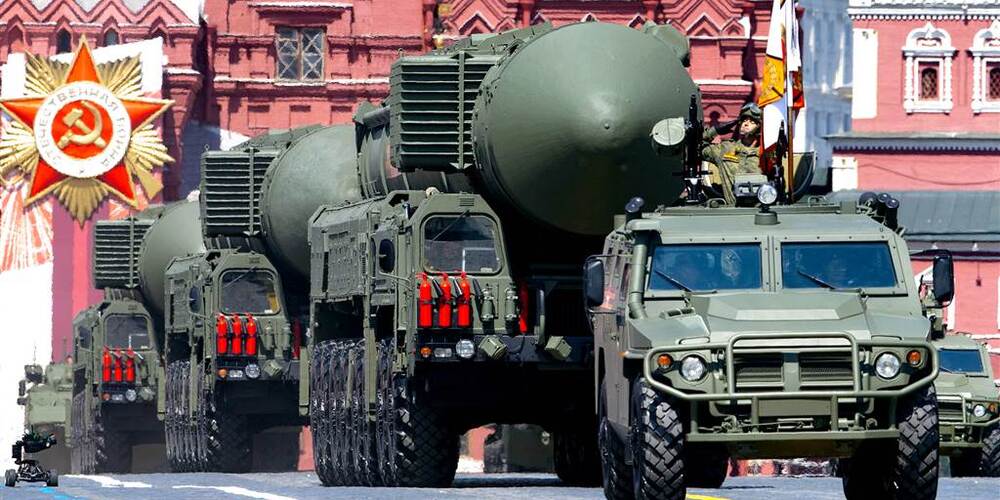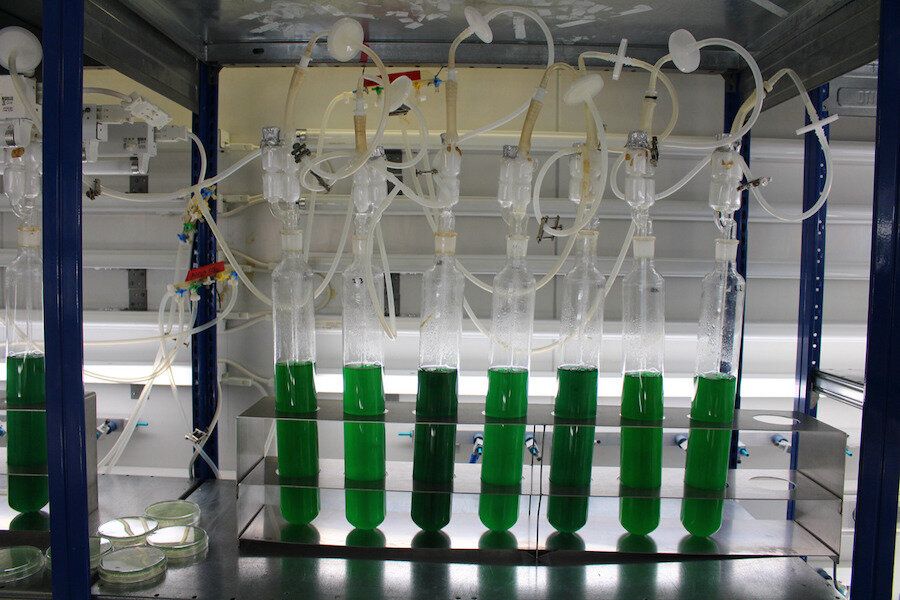“Especially during times of tension, verifiable limits on Russia’s intercontinental-range nuclear weapons are vitally important,” Secretary of State Antony Blinken said.






NEW YORK (AP) — Almost six months after a rare face and hands transplant, Joe DiMeo is relearning how to smile, blink, pinch and squeeze.
The 22-year-old New Jersey resident had the operation last August, two years after being badly burned in a car crash.
“I knew it would be baby steps all the way,” DiMeo told The Associated Press. “You’ve got to have a lot of motivation, a lot of patience. And you’ve got to stay strong through everything.”




Cyanobacteria produce plastic naturally as a by-product of photosynthesis—and they do it in a sustainable and environmentally friendly way. Researchers at the University of Tübingen have now succeeded for the first time in modifying the bacteria’s metabolism to produce this natural plastic in quantities enabling it to be used industrially. This new plastic could come to compete with environmentally harmful petroleum-based plastics. The researchers, headed by Professor Karl Forchhammer of the Interfaculty Institute of Microbiology and Infection Medicine, recently presented their findings in several studies that appeared in the journals Microbial Cell Factories and PNAS.

Use of waste heat contributes largely to sustainable energy supply. Scientists of Karlsruhe Institute of Technology (KIT) and Tōhoku University in Japan have now come much closer to their goal of converting waste heat into electrical power at small temperature differences. As reported in Joule, electrical power per footprint of thermomagnetic generators based on Heusler alloy films has been increased by a factor of 3.4.